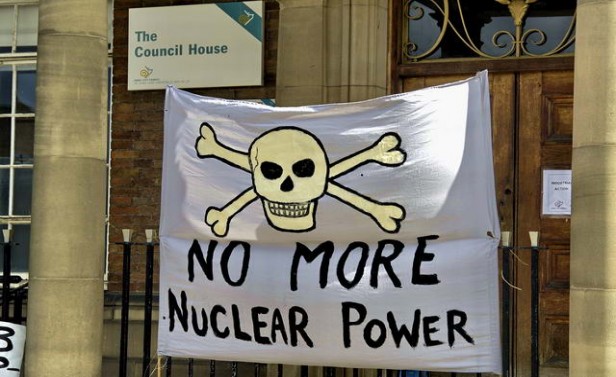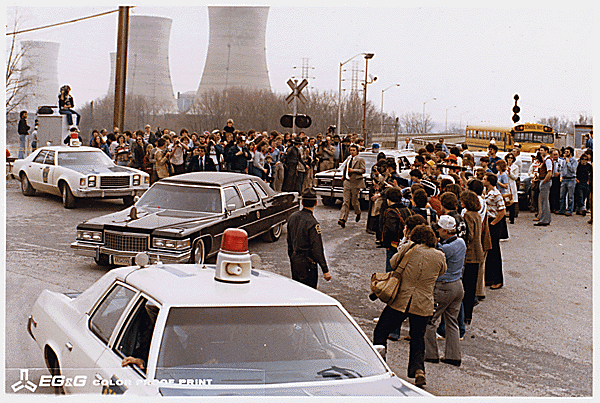Effectively combating global climate change will require a careful balancing act between the practical and the ideological, the short-term and the long-term, as well as the critical and the more trivial.
In Parker and Blodgett’s 2008 CRS Report for Congress, three lenses for viewing climate change are offered to elucidate the language of debate among a widespread and diverse group of policymakers. These lenses—the technological, economic, and ecological—each suggest a distinct view of the problem as well as a guiding set of principles that can be made in attempt to solve it. The technological lens views climate change with some sense of optimism, where more efficient technologies can be developed and implemented throughout society at an estimated life-time cost that is smaller than the savings they would generate. The economic lens considers climate change within a global market, where the solution can be achieved through internalizing external costs such as pollution. Finally, the ecological lens sees climate change in terms of individual and institutional behavior, where providing resources for people to express an understanding of the earth’s ecosystem through their daily choices is the ultimate long-term alleviation.
In some cases, however, these lenses do overlap and can either complement or conflict with each other. Additionally, questions of practicality arise when considering the model problem/solution of each lens. It is for these reasons that a blend of the three best characterizes my view on climate change in the most comprehensive manner.
Looking at the problem alone (and not the proposed solutions), I tend to view climate change through the ecological lens. I see it as more than just an economic opportunity but a moral obligation. Whether it was my upbringing or an intrinsic emotion, I feel a deep connection to nature and wish that same feeling to all. But, I also realize not everyone has that same feeling or has access to the same type of resources that I had to instill such emotion. Therefore the ecological lens, by itself, cannot convey my thoughts on how to adequately go about trying to solve climate change. But neither can the other two lenses by themselves. I have my doubts on technological solutions to climate change. Without a doubt, barriers exist when trying to develop a new technology. For instance, see how interest groups severely damaged the production and distribution of the electric car (http://www.youtube.com/watch?v=N7Mpe7XfODk) or simply consider how perceptions on nuclear energy changed after the incident on Three Mile Island.

Nuclear Power Protest

President Carter Leaving Three Mile Island
Nor do I believe the economic lens holds all the answers. While economic incentives can modify behavior, business and industry have found ways to avoid certain laws for years.
Ultimately, in order to effectively address climate change, elements of each lens must be employed in both the short and long-term. People must be informed of the dangers climate change to the earth’s ecosystem, new technologies should be developed to ease anthropogenic causes to global warming, and economic incentives must exist for businesses and individuals to conserve. Global climate change is not a minuscule dilemma. It is a challenge that must be faced by many for quite some time to come…